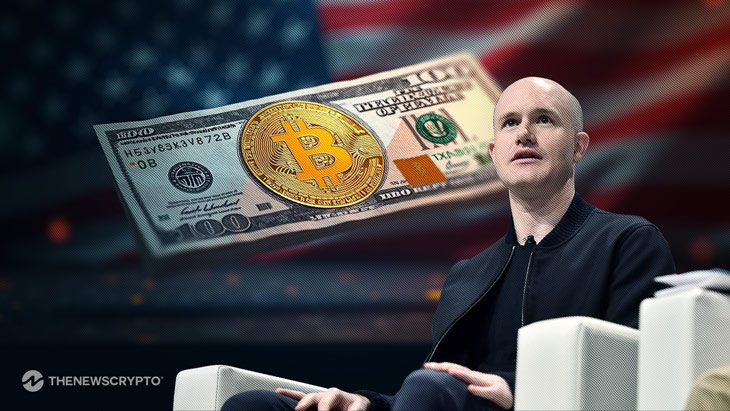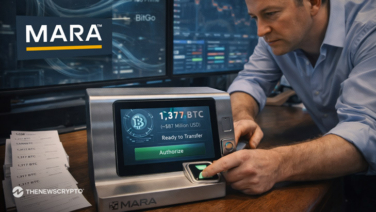- Brian Armstrong wants the U.S. to use Bitcoin as a digital gold-style reserve to fight inflation.
- Trump’s 2025 order shows the government is starting to take Bitcoin seriously in economic policy.
With the U.S. national debt growing faster than ever, Coinbase CEO Brian Armstrong is floating a pretty radical idea that if America treated Bitcoin like digital gold and made it part of its financial strategy. He’s not just hyping crypto, he’s serious about using Bitcoin as a strategic reserve asset. The idea is that, like the old gold standard, Bitcoin’s limited supply and independence from any one group could act as a financial anchor, keeping reckless government spending in check. Armstrong states that, a time when the dollar feels more unstable, Bitcoin might actually bring some stability to the system.
Armstrong’s push for Bitcoin comes from what he sees as its core strengths, there’s only so much of it, it’s easy to move around, and you can break it down into tiny parts. He doesn’t think it should replace the U.S. dollar, but sees it as something that could work alongside it, helping keep the system in check.
The Reserve Development Decision
The idea of building up a Bitcoin reserve has started to catch on in political circles. Back in March 2025, President Donald Trump signed an executive order that created something called the Strategic Bitcoin Reserve and the U.S. Digital Asset Stockpile, using crypto that had been seized in past cases. The ultimate goal is to put the U.S. ahead in the digital asset game. It’s a clear sign that the government’s starting to take crypto more seriously and might even be looking at it as part of the country’s bigger economic playbook.
Still, not everyone is convinced on the idea that Bitcoin can actually help fix the national debt problem. Avik Roy, who heads up the Foundation for Research on Equal Opportunity, points out that while having a Bitcoin reserve might add a bit of stability, it’s definitely not some magic fix for the $35 trillion the U.S. owes. He makes it clear that without serious changes to how the government handles its budget, stacking Bitcoin isn’t going to cut it on its own.
Even with all the mixed takes, the conversation around where Bitcoin fits into national finance keeps picking up steam. Armstrong’s take shows how digital assets are starting to be seen as more than just tech—they’re becoming part of the bigger picture when it comes to shaping economic policy. It’s a sign that governments might be rethinking how they deal with money, control, and long-term financial planning in a world that’s getting more digital by the day.
Highlighted Crypto News Today
Fartcoin (FARTCOIN) Price is At a Crossroads, Will It Break Out or Break Down?








